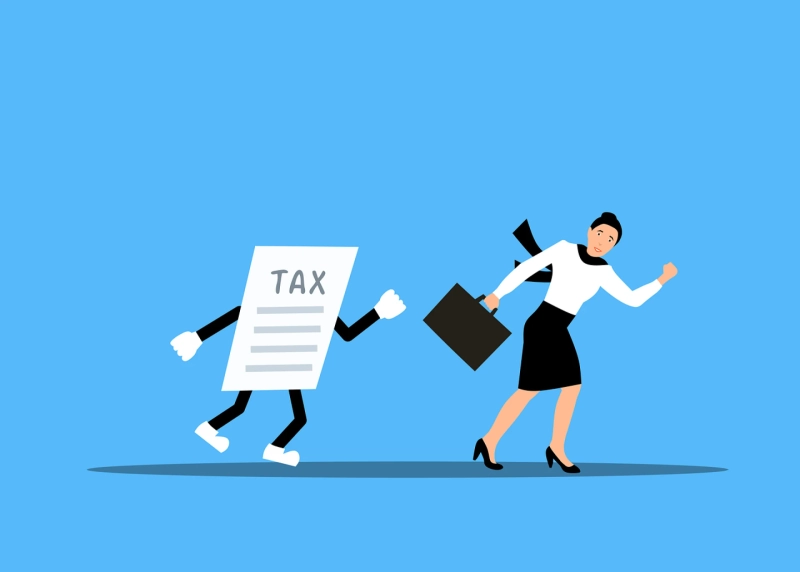Introduction
Tax deduction plays an important role in the life of business. Tax deduction is the term that means that the business is going to pay fewer taxes from the gross income as for some expenses. Regulatory authorities have allowed exemptions or deductions. click listonnewton.com.au/ for more information on business accountants To take effective benefits of tax deductions, businesses should avail services from tax accountants who hold expertise in this field and render advice on tax planning, thereby saving taxes through legal mechanisms. This article provides a general overview of how to maximize tax deductions for the business.Effective Ways to Maximize Tax Deductions for Your Business
- Track and record on expenses: One of the most effective ways of maximizing the tax deductions is to keep track of the expenses and do professional work on the returns. There are many instances where the regulatory authorities have disallowed the expenses due to non-tracking of the expenses accurately and making mistakes in the recording of the expenses. This includes receipts, invoices, bank statements, and contracts that concern business expenses.
- Leverage in operating costs: Fixed expenses are general business expenses without which a business cannot operate efficiently, for instance, rent and bills, stationery, and wages. Such costs are chargeable against revenue once they have been properly recorded and classified as proper business expenses. Also, if your business is conducted from home, you may be able to take a home office deduction, which allows a portion of your home expenses, including mortgage interest, utilities, property taxes, and even depreciation on the home, based on the percentage of the home used for business.
- Deductions for vehicle expenses: Business claim deductions for vehicles if the car is being used for business purposes. There are two methods to deduct vehicle expenses: the standard mileage rate or actual expenses. The standard mileage rate entails the product of the body’s expenditure of miles and a set rate that is provided by the IRS, while, in the actual expense method, a driver can deduct on the rates of gas, bills of maintenance, insurance costs, and depreciation. Select the strategy that offers you the loftiest advantage in your case to adopt and then record your mileage and expenses diligently.
- Travelling and meal expense: Costs related to traveling for business purposes are usually allowed, including airfare, meals, and accommodation costs. Another aspect that should not be confused with business costs is other traveling expenditures, while documentation of business-related costs shouldn’t be problematic, including the booked trip schedule, acquired receipts, and rationale for the business-related trip. Regarding meals, only half the cost is allowed for the deduction and one must be in a position to justify why the meal was necessary for business.
- Consult a professional: It is recommended to hire the services of the tax accountants, as they can advise on the maximum deductions that the business can claim under sub-heads. Hiring the tax accountant will lead to saving in more taxes in the long run.
Conclusion
Businesses should do effective tax planning to maximize tax deductions. Effective tax planning can be done with the assistance of professional tax accountants.



